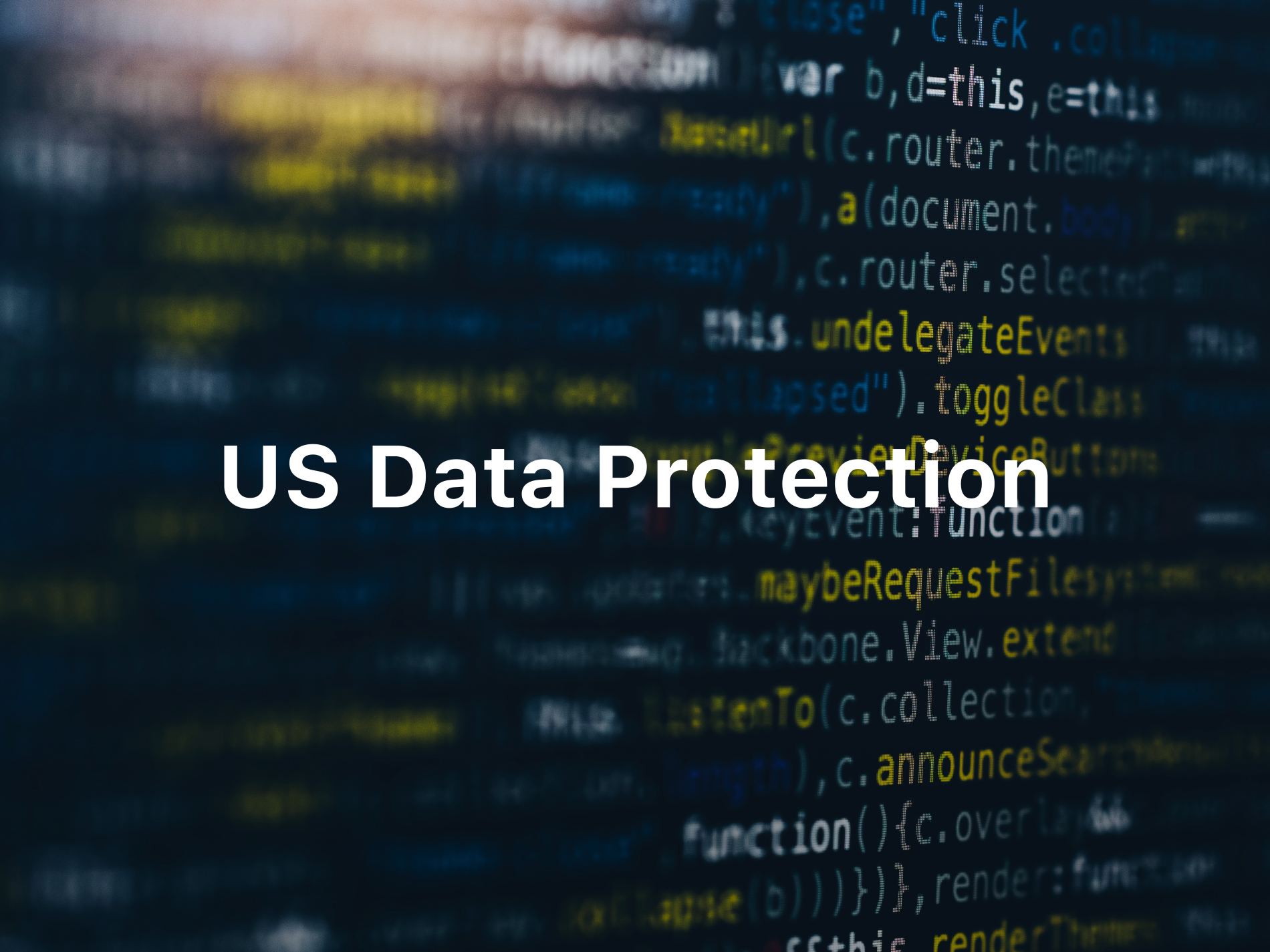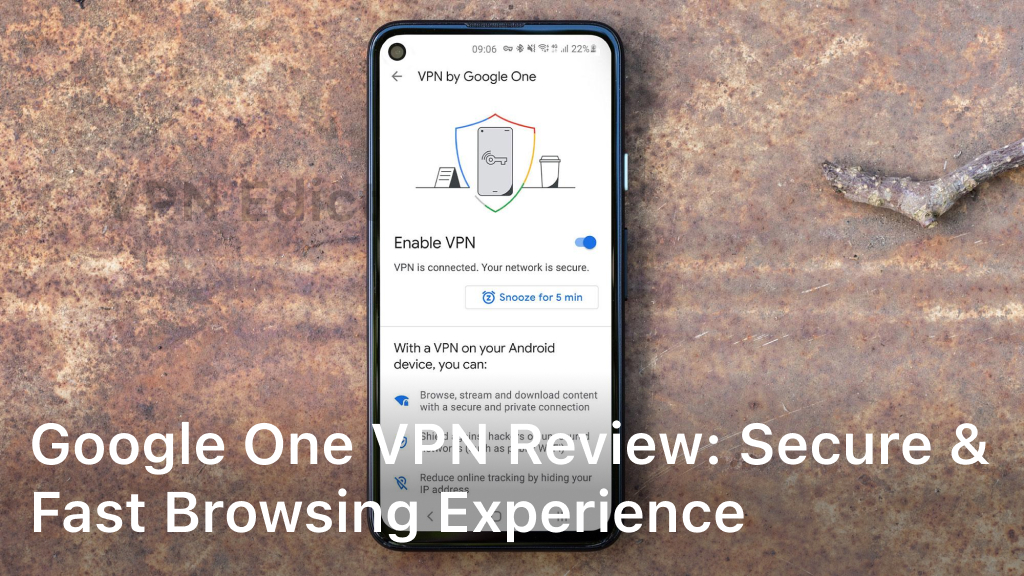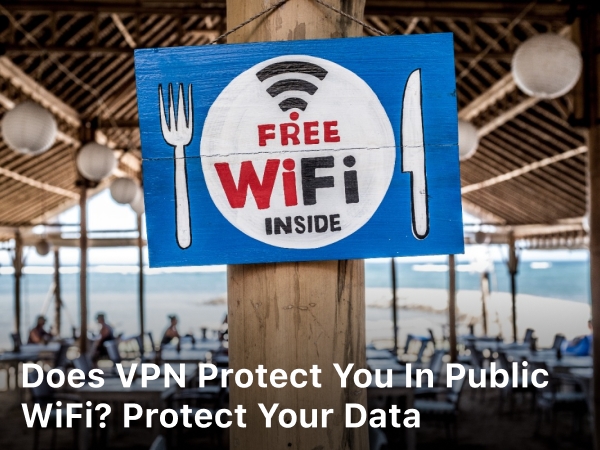US Data Protection: Online Habits and Data Breaches
As an internet user in the United States, your personal data and online habits are always at risk of exposure. With big data breaches becoming commonplace and companies collecting and sharing user data freely, individuals have limited control over their digital privacy. Understanding current data protection laws and regulations in the US, as well as practical steps you can take to limit your vulnerabilities, has never been more important. This article provides an overview of data privacy issues in the US, recent legislative developments, risky online behaviors to avoid, and strategies for US data protection. While policy makers debate reform, citizens must advocate for change and safeguard their own privacy in the digital world. Knowledge is power, so empower yourself with information about data protection.
How Americans Use the Internet and Share Personal Data
As Americans increasingly live their lives online, many freely share personal details on social media and e-commerce sites. According to surveys, the average American spends over 11 hours per day consuming media, much of it on the internet.
Social media platforms like Facebook, Instagram, and Twitter have over 70% of Americans sharing information about their interests, hobbies, relationships, and daily activities. Many also share private details like their date of birth, address, and phone number. E-commerce sites have most consumers providing credit card numbers, shipping addresses, and purchase histories.
While sharing on social media and e-commerce sites provides convenience and connection, it also exposes people to data breaches that compromise their privacy. In 2019 alone, over 4 billion records were exposed in data breaches, many containing users’ personally identifiable information (PII) like social security numbers, financial data, and medical records.
To improve online privacy, limit sharing personal details on social media and e-commerce sites. Be wary of oversharing on platforms that collect and sell user data to advertisers. Use unique passwords for accounts and enable two-factor authentication when available. Be cautious of phishing emails and malicious links which often aim to steal account login credentials or install malware.
Americans value connectivity, but also highly prize privacy and security. Achieving the right balance of sharing and safeguarding one’s data is increasingly complex in the digital age. With vigilance and restraint, Americans can enjoy the benefits of the internet while maintaining control over their personal information. Overall, thoughtful and judicious internet usage is key.
Major US Data Breaches in Recent Years
As an online consumer in the US, it is important to understand the major data breaches that have occurred in recent years and how your personal information may have been compromised. According to the Identity Theft Resource Center, there were over 1,500 reported data breaches in 2020, exposing over 156 million sensitive records.
One of the largest breaches was the 2017 Equifax hack, where hackers accessed personal data of 147 million people, including Social Security numbers, birth dates, addresses, and driver’s license numbers. If you have a credit report, there is a high chance your data was involved.
In 2013, Yahoo suffered a data breach where 3 billion user accounts were compromised, exposing names, email addresses, telephone numbers, dates of birth, and encrypted or unencrypted security questions and answers. Yahoo did not disclose this breach until 2016.
More recently, in 2020 Marriott International had 5.2 million guest records compromised, including contact information and loyalty account information. And also in 2020, over 540 million Facebook records were found on an unsecured server, containing personal information and account details.
As a consumer, be vigilant in monitoring accounts and credit reports regularly for signs of fraud. Enable two-factor authentication on accounts when available, use unique complex passwords, and be cautious of unsolicited phone calls, texts or emails asking for personal information. While companies should strengthen security practices, individuals must also take proactive steps to protect their data. By understanding major data breaches, you can better safeguard your online information.
Current US Data Protection Laws and Regulations
Health Insurance Portability and Accountability Act (HIPAA)
HIPAA is one of the most well-known data protection laws in the US. It protects the privacy and security of health information. HIPAA applies to health plans, healthcare clearinghouses, and healthcare providers that conduct certain healthcare transactions electronically.
General Data Protection Regulation (GDPR)
The GDPR is a European Union law that went into effect in May 2018. It sets rules for how companies protect EU citizens’ personal data. Even though GDPR is an EU law, it impacts many US companies that collect or process personal data of people in the EU. The law gives EU citizens more control over their personal data and imposes strict rules on those hosting and processing this data.
California Consumer Privacy Act (CCPA)
The CCPA is a California law that went into effect in January 2020. It enhances privacy rights and consumer protection for California residents. The CCPA gives California consumers more control over their personal information, including the right to know what personal information is being collected about them, the right to delete personal information, and the right to opt out of the sale of personal information. Companies that collect personal information from California residents must comply with the CCPA.
Other Laws and Regulations
There are several other US federal and state laws and regulations related to data privacy and security:
- The Federal Trade Commission Act prohibits unfair or deceptive acts or practices and protects consumer privacy.
- State data breach notification laws require companies to notify individuals if their personal information was accessed or acquired by an unauthorized person.
- The Children’s Online Privacy Protection Act (COPPA) protects the online privacy of children under 13 years of age.
- The Controlling the Assault of Non-Solicited Pornography and Marketing (CAN-SPAM) Act establishes requirements for commercial email messages and gives recipients the right to opt out of receiving them.
Staying up-to-date with data protection laws and regulations is important for any organization that collects or processes personal information. Failure to comply can result in significant penalties and reputational harm.
to search with a browser without being recognized by other people your ip address, use the dark web to surf the web safely, but there are some dark web that we recommend for you : 5 Best Dark Web Search Engines
How to Protect Your Personal Data Online

To protect your personal data online, there are several prudent steps you can take.
Use Strong Passwords
Create complex passwords that contain a minimum of 12 characters, including a mix of letters, numbers and symbols. Do not reuse the same password across websites. Use a password manager app to help generate and remember unique passwords for all your accounts.
Enable Two-Factor Authentication
When available, enable two-factor authentication (2FA) on accounts like email, banking, social media, and anywhere else sensitive data is stored. 2FA adds an extra layer of security for logging in by requiring not just your password but also a code sent to your phone or an authentication app.
Be Wary of Public Wi-Fi
Public Wi-Fi networks are not secure and can allow others to see your online activity and personal information. Avoid conducting sensitive tasks like online shopping, banking, and accessing accounts on public Wi-Fi. If you must use a public network, use a virtual private network (VPN) to encrypt your connection.
Monitor Accounts Regularly
Check accounts frequently for unauthorized access or activity. Look for unknown devices logged into your accounts, unrecognized apps with account access, and unauthorized purchases or money transfers. Report anything suspicious immediately. Monitoring accounts regularly is one of the best ways to catch fraud or identity theft early.
Be Careful What You Share on Social Media
Think before you post on social media. Avoid oversharing personal details like your date of birth, home address, phone number, and daily routines. This information can be seen by anyone and used for malicious purposes like identity theft, stalking, or burglary. Only post things publicly that you would be okay with anyone in the world seeing and using.
Following these recommendations will significantly reduce your risks of having your personal data compromised or stolen when conducting activities online. While no system is 100% foolproof, exercising caution and vigilance with how you share and protect sensitive information can help give you more peace of mind and control over your digital life.
FAQs: Common Questions About Data Protection in the US
What laws protect my data in the US?
There are several major laws aimed at protecting individuals’ data and privacy in the United States:
- The Health Insurance Portability and Accountability Act (HIPAA) protects individuals’ private health information. It applies to health plans, healthcare providers, and healthcare clearinghouses.
- The Family Educational Rights and Privacy Act (FERPA) protects students’ education records. It applies to schools that receive federal funding.
- The Children’s Online Privacy Protection Act (COPPA) protects children’s personal information collected online. It applies to websites, apps, and online services directed at children under 13.
- The Federal Trade Commission Act prohibits unfair or deceptive acts or practices and protects consumer privacy and data security. It applies broadly to most companies.
- State data breach notification laws require companies to notify individuals if their personal information was accessed or acquired by an unauthorized person. All 50 states have data breach notification laws.
What should I do if my data is breached?
If you are notified that your personal information was involved in a data breach, here are some steps you should take:
- Monitor accounts and credit reports closely. Watch for any unauthorized activity or charges.
- Consider placing a fraud alert or freezing your credit. This can help prevent identity thieves from opening new accounts in your name.
- Be wary of phishing emails and malicious links. Data breaches often lead to an increase in phishing attempts. Never click links or download attachments from unsolicited emails.
- File a police report if identity theft is suspected. Get a copy of the police report in case you need to dispute unauthorized charges.
- Consider contacting one of the credit bureaus to place a fraud alert or freeze your credit. This can help prevent identity thieves from opening new accounts in your name.
- Be vigilant and continue monitoring for years. Unfortunately, stolen personal information can be used at any time. Ongoing monitoring is important.
- Report suspected identity theft to the FTC or FBI. File a complaint with the FTC at ftc.gov/complaint or call 1-877-438-4338. Contact your local FBI office to file a report.
Conclusion
As you go about your daily online activities, it’s easy to forget how much personal data you generate and share. But data breaches are increasingly common, and your information could end up in the wrong hands. While companies do have a responsibility to strengthen security practices and safeguard customer data, individuals must also take proactive steps. Regularly change account passwords, enable two-factor authentication when available, and be wary of phishing emails or malicious links. Consider using a password manager to create and remember complex, unique passwords for different sites. And think before you post – once personal information is online, it can be difficult to remove. By exercising caution and vigilance with your digital footprint, you can help reduce risks to your privacy and security. Though data breaches may be inevitable, individuals have more control over data protection than they realize. Staying informed and taking action can give you greater peace of mind whenever you go online.




